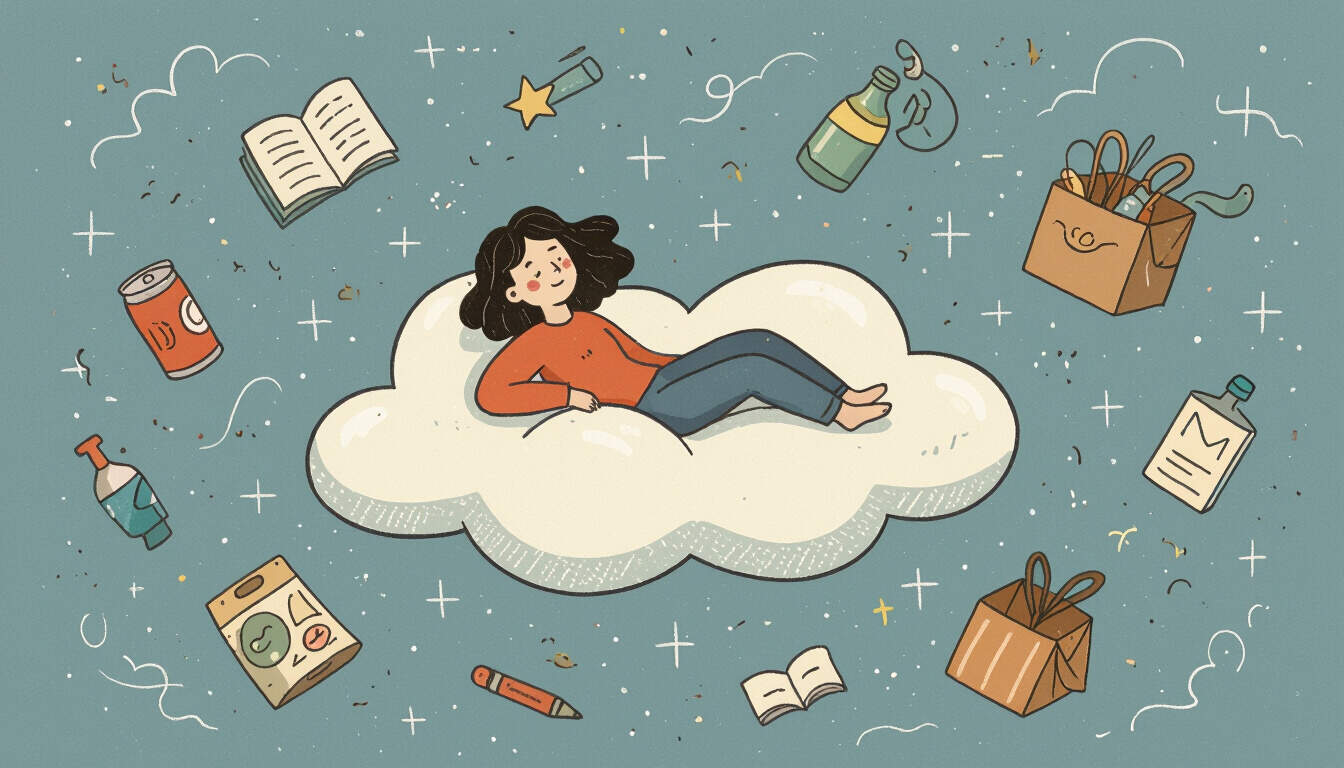Achieving Balanced Emotional Health with Minimalism
 by Shanie Goodwin
by Shanie Goodwin
Discover how minimalism supports balanced emotional health by simplifying daily life. This approach offers practical steps for busy professionals to reduce stress and foster inner peace, leading to a more fulfilling lifestyle.

Balanced emotional health is essential for maintaining a steady state of mind amid life's demands. In a fast-paced environment, many individuals seek ways to achieve this stability. Minimalism provides a clear path by encouraging the removal of unnecessary elements from life.
One key aspect of minimalism involves simplifying physical surroundings. By letting go of excess items, people can create a calm space that promotes emotional health. This practice helps in focusing energy on what truly matters. For busy professionals, starting with a single room can make a significant difference.
Another benefit comes from streamlining daily routines. Minimalism suggests prioritizing essential tasks and eliminating distractions. This leads to more time for activities that nurture the mind and body. For instance, adopting a routine with fewer commitments allows for regular moments of reflection. Such habits contribute to overall well-being.
Practical Steps for Everyday Integration
To begin integrating minimalism, consider assessing your current habits. Identify areas where clutter builds up, whether in your schedule or possessions. A simple method is to keep only those items that serve a purpose or bring joy. This approach can reduce feelings of overwhelm and support balanced emotional health.
For those with demanding jobs, try setting boundaries around work hours. This means designating specific times for rest and hobbies. Over time, this balance prevents burnout and encourages positive emotions. Lists can be helpful here; create one with your top priorities each day to stay on track.
Mindfulness practices align well with minimalism. Spending a few minutes each day in quiet thought can enhance awareness of one's emotions. This technique aids in recognizing and managing stress before it escalates. By incorporating these into a routine, individuals often experience greater clarity.
The Role of Relationships
In pursuing balanced emotional health, relationships play a vital part. Minimalism extends to social interactions by focusing on meaningful connections. This involves nurturing a few close relationships rather than spreading energy thin. Quality over quantity in friendships leads to deeper support systems.
For everyday individuals, this might mean scheduling regular check-ins with loved ones. Such interactions foster a sense of belonging and emotional stability. When life feels cluttered, stepping back to evaluate these dynamics can bring renewal.
Long-Term Benefits
Over time, embracing minimalism yields lasting advantages. It encourages a lifestyle where decisions are made with intention, reducing anxiety and promoting contentment. People who adopt this way of living often report improved sleep and energy levels. These outcomes stem from a reduced mental load.
For busy professionals, the shift towards minimalism can mean better productivity. With less to manage, focus sharpens on key goals. This not only enhances work performance but also spills into personal life, creating harmony.
In summary, balanced emotional health thrives in a simplified environment. By applying minimalist principles, individuals can cultivate a peaceful existence. This journey offers practical tools for anyone seeking a more centered life, ultimately leading to greater satisfaction and ease.
